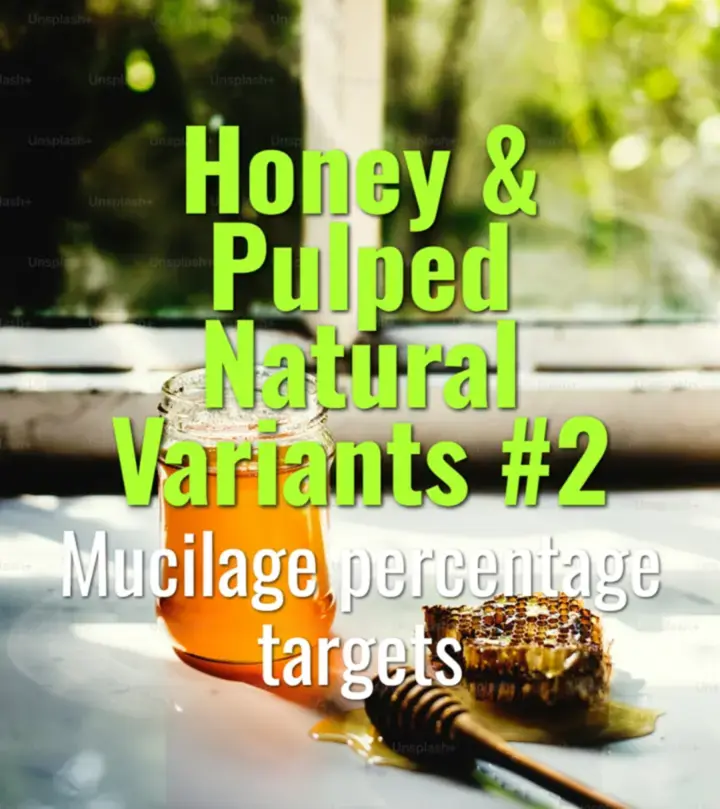
Mucilage percentage targets
This topic explains how mucilage percentage targets define honey and pulped natural processes, the methods used to control them, and how different levels affect flavor and risk during drying.

This topic explains how mucilage percentage targets define honey and pulped natural processes, the methods used to control them, and how different levels affect flavor and risk during drying.
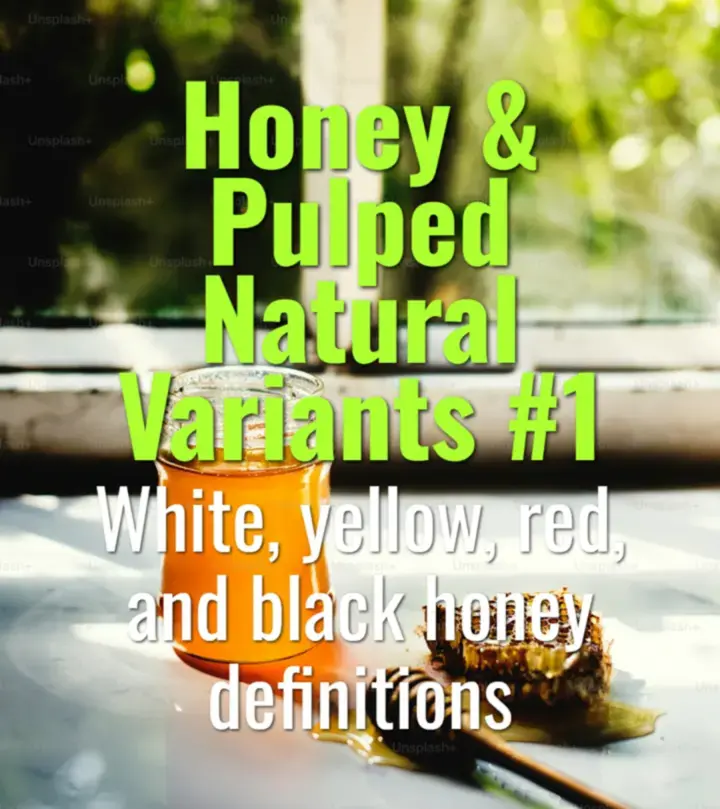
This topic explains the color-coded honey process variants—white, yellow, red, and black—how they differ in mucilage retention and drying practices, and how these differences influence flavor outcomes.
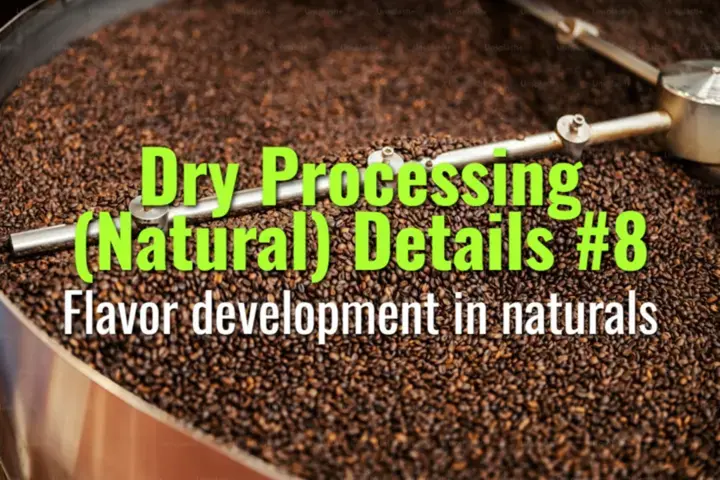
This topic explains how flavor develops in natural (dry) processed coffees, the factors that influence it, and why naturals are known for their fruit-forward, complex profiles.
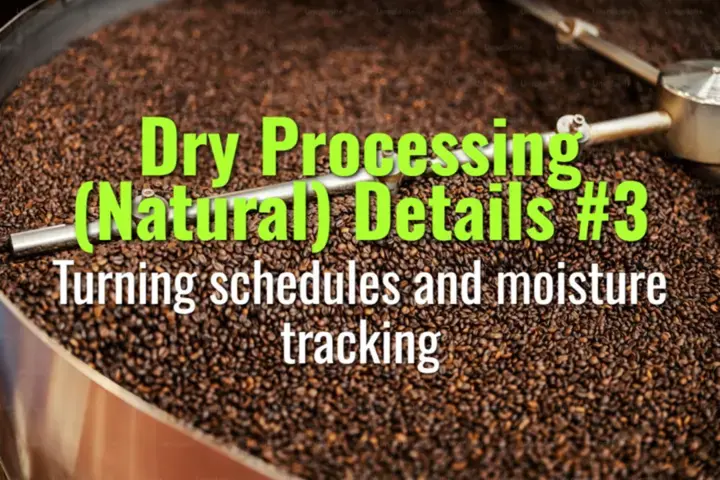
This topic explains the importance of turning schedules and moisture monitoring during natural (dry) coffee processing, showing how these practices ensure uniform drying, prevent defects, and protect flavor quality.
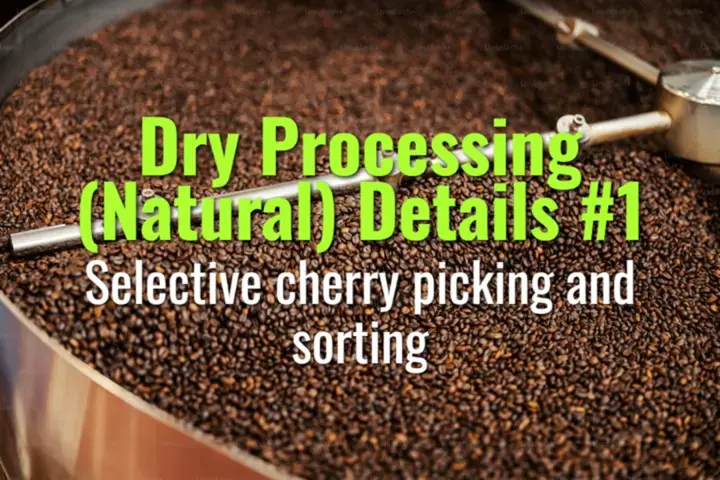
This topic explains the importance of selective cherry picking and sorting in natural (dry) coffee processing, and how these steps affect quality, consistency, and flavor.
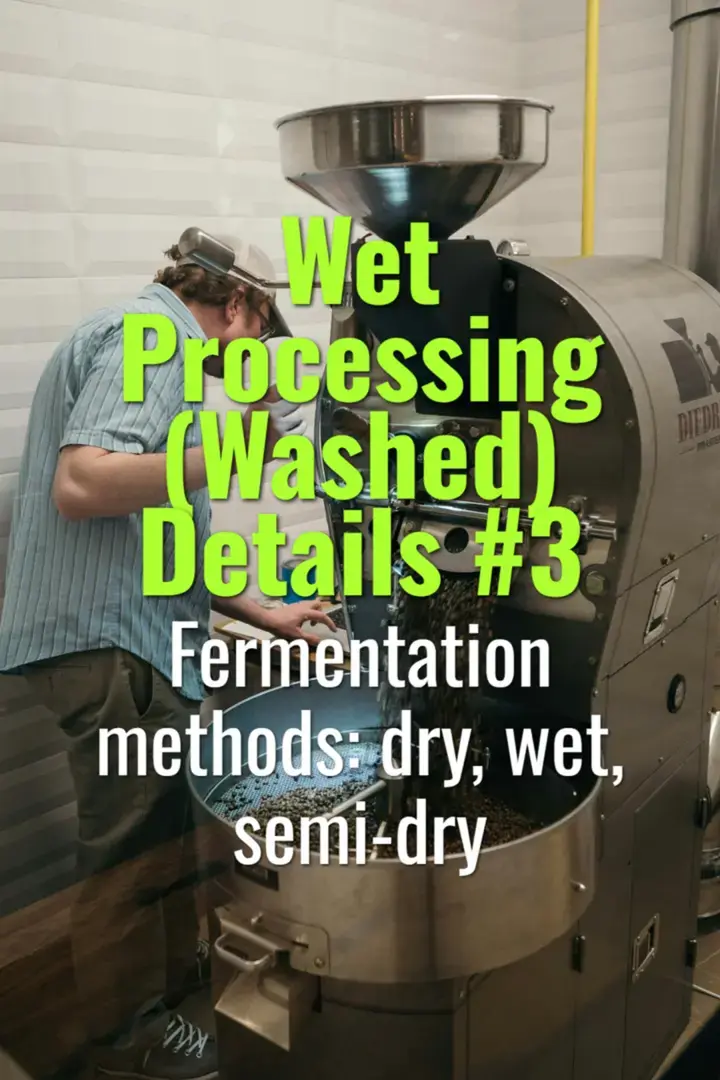
This topic explains the three main fermentation methods used in washed coffee—dry, wet, and semi-dry—how they differ, their effects on processing efficiency, and their influence on flavor outcomes.